Australia Every Tuesday night, PJs pub in the heart of Canberra becomes a gathering place for language learners, most of whom know three or more languages.
The Language Exchange Club has been running for six years now and is easy to spot, thanks mainly to the tables decorated with national flags and stacks of books with flags on them.
In the space, you can hear many languages such as French, Mandarin, Persian, Arabic, Hindi, Japanese, Spanish and Hungarian.
The rules of participation are simple. Participants will stick a flag corresponding to their native language at the top, with the languages they are learning below. Then, they just need to find people with similar stickers and start a conversation.
Most members speak at least three languages, and it is also a great place for migrants to practice their English. Over the years, conversations have led to friendships, and some have even married each other.
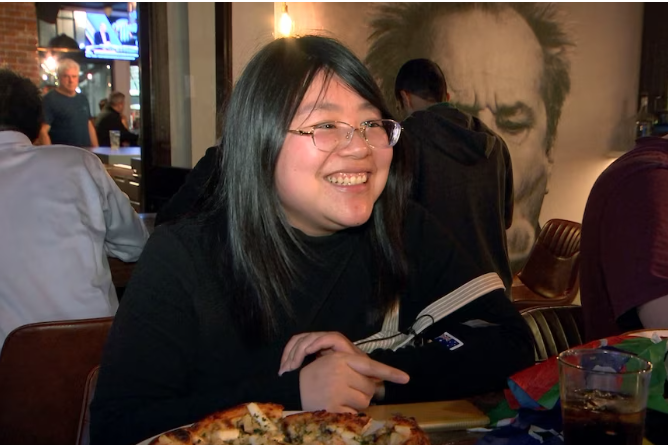
Carrie Liao, a Chinese student at the Australian National University, comes to PJs to learn English. Photo: ABC News
Daniel White, the club’s founder, said he came up with the idea after struggling to find places to practice his language skills in Canberra, where he was studying French and Arabic at the same time.
“Every language club focuses on one language. It’s hard to get multiple languages together and practice speaking them in one place,” Daniel said, adding that being able to use multiple languages is always an enjoyable experience.
Daniel currently speaks six languages including English, French, Arabic, Hindi and Spanish. He also believes that learning a foreign language is not just about translating, but also about understanding different cultural styles and interactions.
“People who use foreign languages really express themselves in a completely different way,” he says.
Carrie Liao, a Chinese student at the Australian National University, is a regular at the language exchange. When she first came to Australia to study, she found it difficult to practice her English because most of her classmates were Chinese. Carrie learned about the Language Exchange through a lecturer.
"Now, I have friends from Korea, Japan, Malaysia... Even though some of them have returned to their home countries, it's good to have such friends," she shared.
Not only is Carrie a learner, she also helps other friends practice Mandarin, her native language.
“I met a friend who wanted to learn Mandarin, so I taught him Mandarin and he taught me English,” Carrie said, adding that it was nice to be able to speak her language and share about Chinese culture.
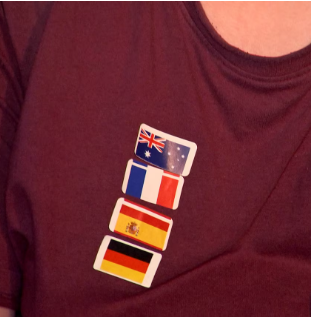
Participants stick a flag representing their native language at the top, with the languages they are learning below. Photo: ABC News
Learning languages through social groups has many benefits.
Daniel, the club's founder, believes that the noise of the pub creates a more realistic environment for language practice than a classroom. When each person has to concentrate on what the other is saying, they practice concentration.
According to Eleni Petraki, Associate Professor of Applied Linguistics, it is important for language learners to step out of the classroom and practice in more relaxed environments. This gives learners the opportunity to practice the language on topics and contexts that they cannot get in the classroom.
“This helps learners feel less stressed about using the language, such as thinking that they need to be perfect and error-free in class. It also provides real-life interaction and the opportunity to make friends,” Eleni said.
She also shared that she is passionate about languages and wants to see such language exchange activities replicated in multicultural Australia.
"In today's era, we need to be more active in learning languages. It enriches our lives and our understanding of other cultures," she said.
Phuong Anh (According to ABC News )
Source link













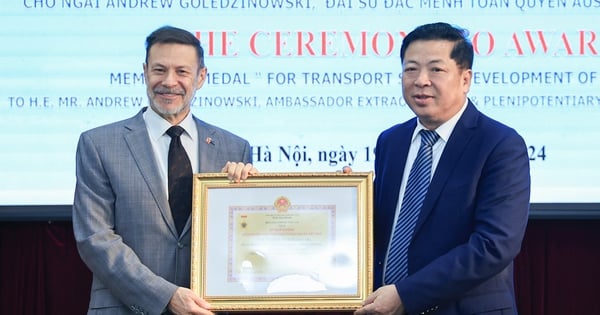


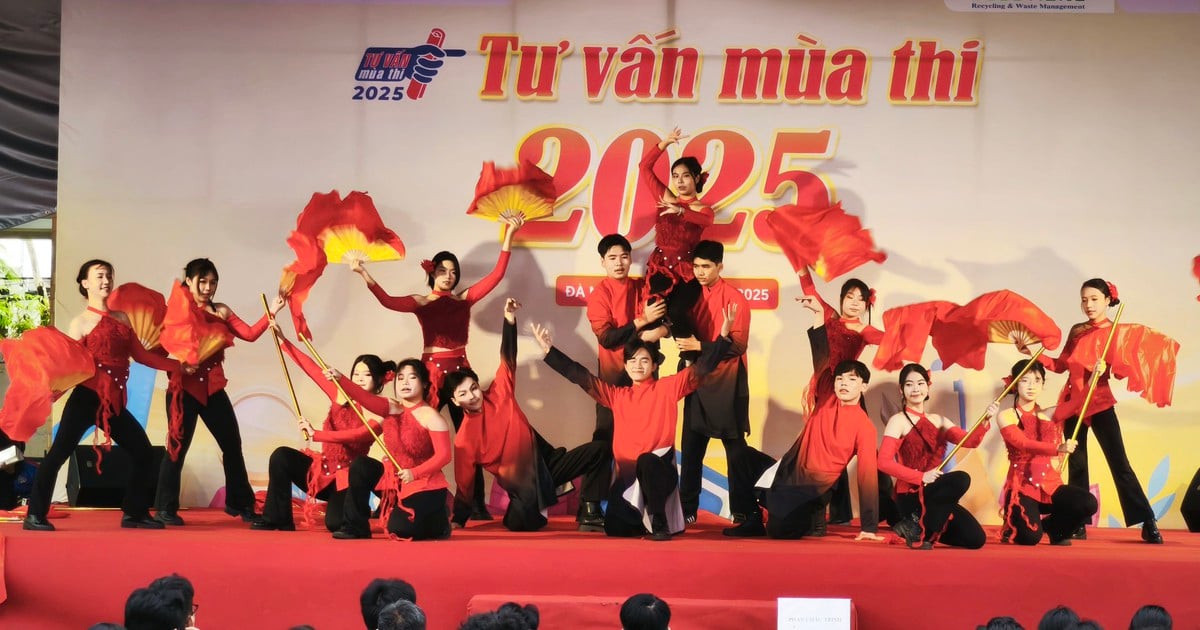



















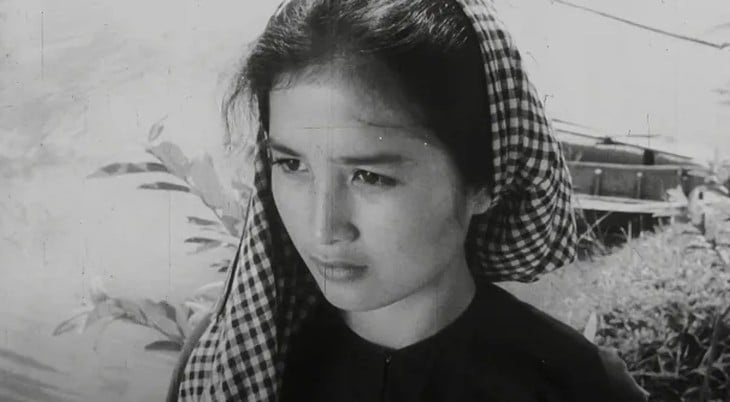



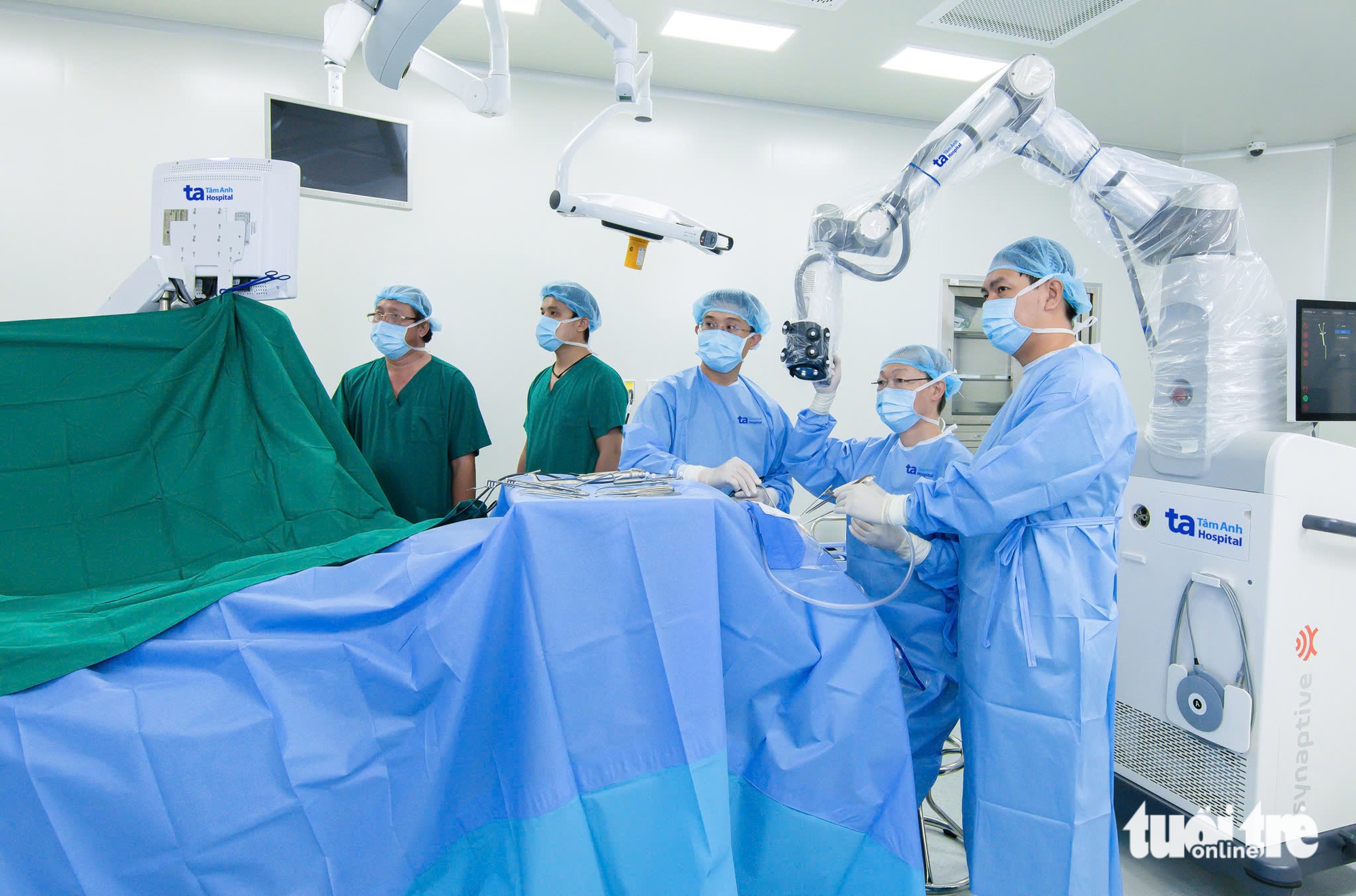

Comment (0)